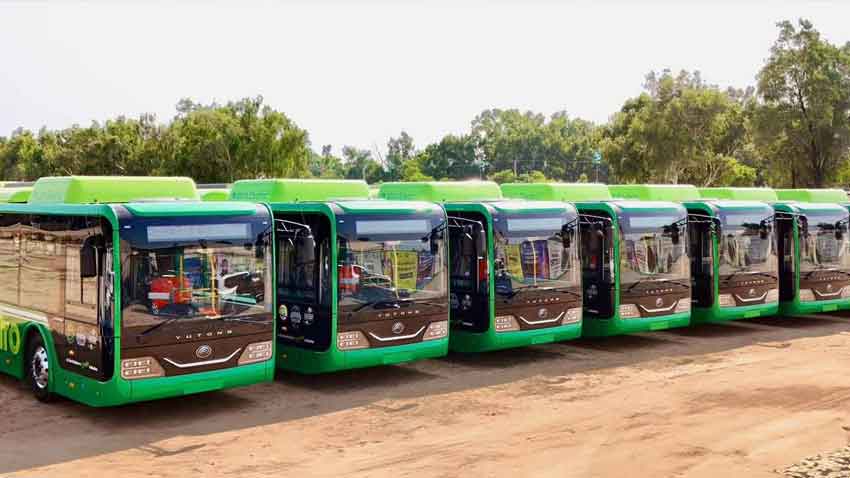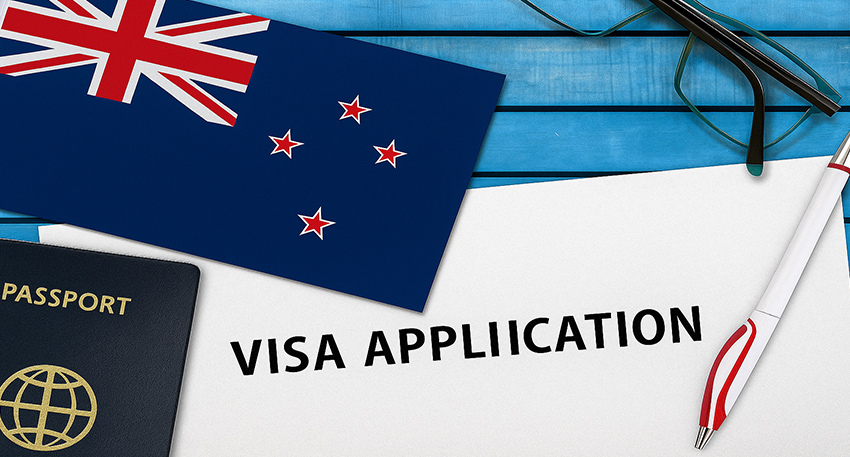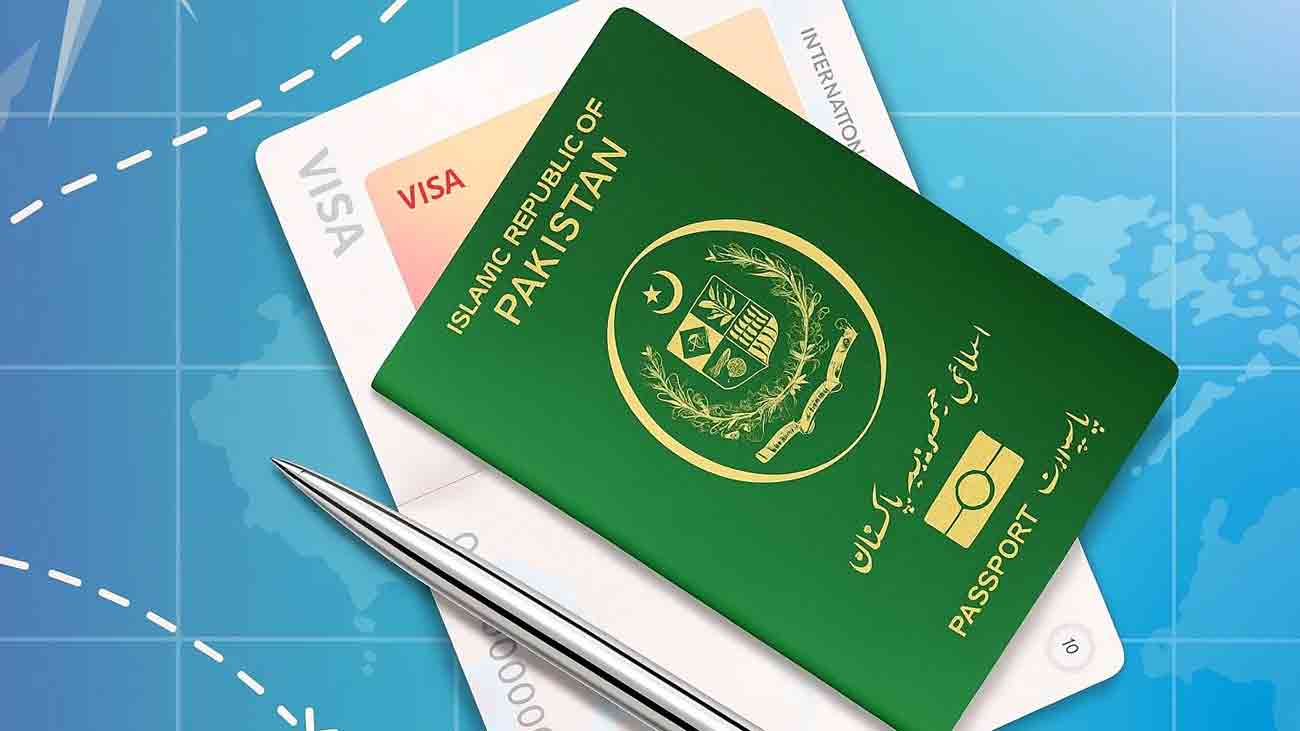
During the 30th cabinet meeting, several key decisions were approved. The cabinet made it clear that any suggestion to increase the public’s financial burden would not be accepted. As a result, fare hike proposals for electric buses in Lahore, Rawalpindi, and Multan were dismissed.
The meeting also officially endorsed the ban on the proscribed group “Tehreek-e-Labbaik Pakistan” and approved the hiring of “School Teacher Interns” for government schools. Under CM Maryam Nawaz’s vision “Jis ki milkiet usi ka qabza”, the Punjab Protection of Ownership of Immovable Property Ordinance 2025 was also approved.
In the agriculture sector, the cabinet approved the Chief Minister Hi-Tech Farm Mechanization Finance Program with subsidies of up to 60 percent on modern equipment, including super seeders. Over 10,000 applications have been received, and 1,500 have reached the Bank of Punjab for processing.
Officials informed that Rs100 billion has been distributed under Kisan Card Phase II, while Rs70 billion has been recovered from the previous phase. Farmers now receive funds within 24 hours after repaying loans. Updates on the supply and control rates of DAP and urea fertilizers were also shared.
Maryam Nawaz emphasized that past neglect of farm mechanization weakened agriculture, but her government aims to modernize the sector and support farmers effectively.
The cabinet also approved an MoU for the Lahore–Rawalpindi High-Speed Rail project and the establishment of Air Punjab Private Limited. Retailers will soon use QR codes under the Prime Minister’s cashless strategy.
Read more: Islamabad court acquits PTI’s Azam Swati in ‘controversial tweets’ cases
Additionally, MoUs for “Mehrab Mehfooz Roshan Punjab” and agricultural cooperation with Egypt were approved. The formation of the Punjab Centre of Excellence for Countering Violence and Extremism and the introduction of a traffic fine and point system were also sanctioned.
Further approvals included building a museum and monument in National Bank Park, upgrading Lahore Museum, setting up electric bus depots in multiple cities, and launching the Gujranwala Mass Transit Authority.
The cabinet also approved hiring for cardiology labs in district hospitals, relaxed recruitment restrictions for Punjab Financial Advisory Services, and allowed staff recruitment for the Punjab Service Tribunal.




